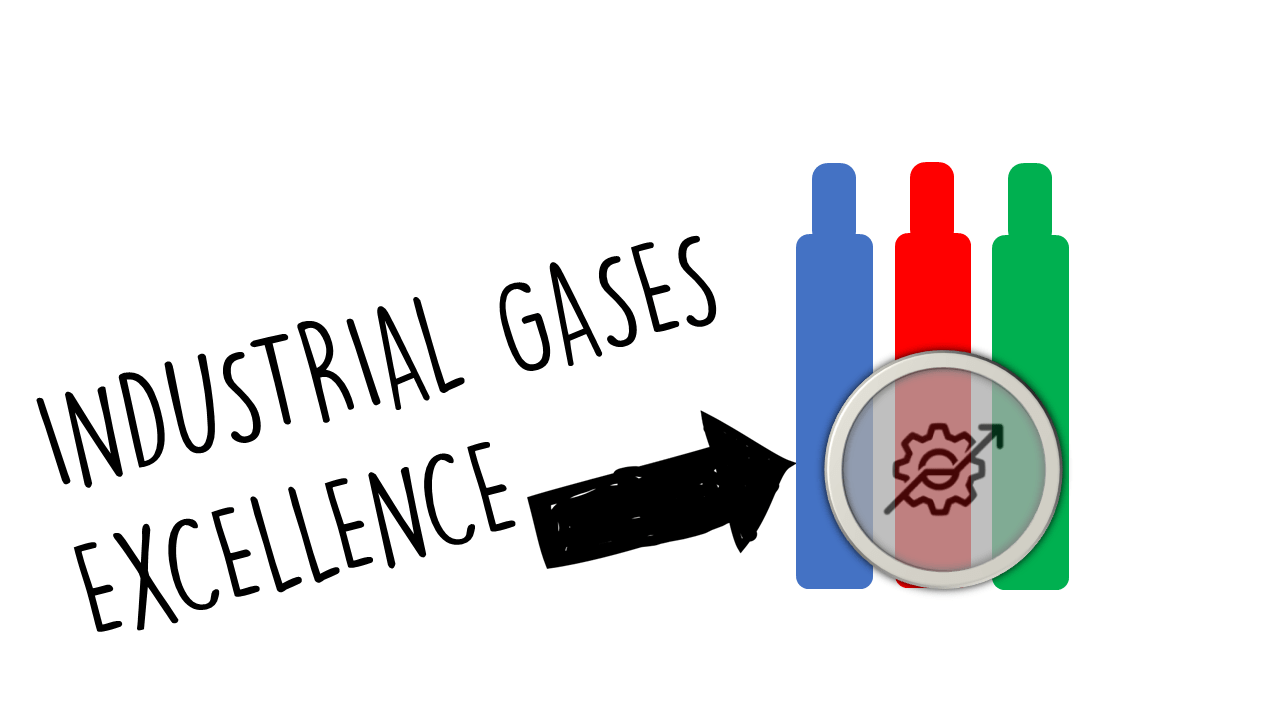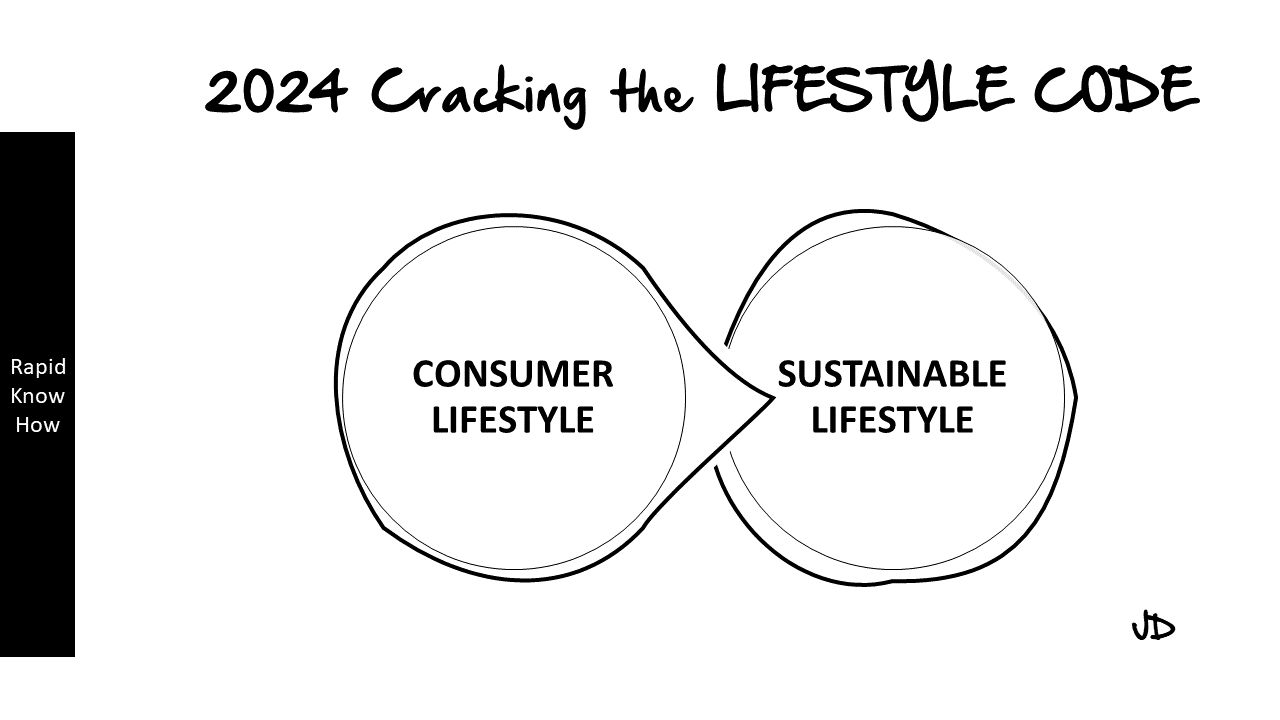The Smart Refilling Management (SRM) of industrial gases refers to an innovative system that employs advanced technologies such as IoT, automation, and predictive analytics to streamline the refilling processes of gas cylinders and tanks.
This system is designed to optimize inventory management, enhance operational efficiency, ensure compliance with safety standards, and minimize downtime in industrial environments.
The Smart Refiller enables real-time monitoring and data-driven decision-making, thereby transforming the traditional refilling operations into a more intelligent and automated process.
Framing
- Operational Efficiency: Present the Smart Refiller as a means to significantly enhance operational efficiency by automating refill schedules, reducing human error, and decreasing the time required for gas changes or refills.
- Cost Reduction: Frame the system as a cost-effective solution that minimizes waste and ensures better inventory management, ultimately leading to lower operational costs and higher profitability.
- Safety Compliance: Emphasize the Smart Refiller’s capabilities in ensuring compliance with safety regulations, such as monitoring for leaks and ensuring proper handling of gas cylinders, which is critical in industrial applications.
- Data-Driven Insights: Highlight how the Smart Refiller provides actionable insights through data analytics, enabling companies to optimize their gas consumption patterns and better forecast future needs.
Re-Framing
- From Manual to Automated: Shift perception from a traditional, manual-based refilling process to an automated, smart-driven approach that enhances precision and reliability.
- Ecosystem Approach: Reframe the SRM within the context of a broader ecosystem that includes suppliers, logistics, and production facilities, emphasizing its role in optimizing the entire gas supply chain.
- Empowering Workforce: Position the SRM as a tool that empowers employees by providing them with technology that reduces redundancy and allows them to focus on more strategic tasks rather than manual refilling.
- Sustainability Driver: Highlight the role of the SRM in driving sustainability through efficient gas use and reduced emissions by optimizing usage patterns and inventory control.
Actions
To implement a Smart Refiller system effectively, organizations should consider the following actions:
- Technology Assessment: Evaluate existing refilling processes and identify areas where smart technologies can be integrated, such as IoT sensors and automated systems.
- Partnership Development: Collaborate with technological partners and suppliers specializing in IoT, data analytics, and automation to develop tailored Smart Refiller solutions.
- Integration Strategies: Create a comprehensive integration plan that consolidates smart refilling systems with existing inventory management and logistics platforms.
- Pilot Testing: Conduct pilot testing within select departments or locations to assess effectiveness, gather feedback, and make necessary adjustments before broader implementation.
- Training and Adoption: Provide thorough training for staff on using Smart Refiller technologies and encourage buy-in by demonstrating tangible benefits to their daily operations.
Case Studies
Case Study 1: Manufacturing Facility
- Description: A large manufacturing plant adopted a SRM system for its gas cylinders, utilizing IoT sensors and automated scheduling for refills.
- Outcome: The plant saw a 30% reduction in downtime and a significant decrease in gas waste, contributing to improved production efficiency and cost savings of approximately 15%.
Case Study 2: Food Processing Industry
- Description: A food processing company implemented a SRM solution to manage CO2 levels for carbonation in beverages.
- Outcome: The company optimized its gas usage by 20%, ensuring consistent product quality while lowering costs and enhancing sustainability through reduced gas consumption.
Case Study3: Electronics Manufacturing
- Description: An electronics manufacturer integrated SRM technology to manage multiple gas types for different production processes.
- Outcome: The company improved safety standards significantly, with a noticeable reduction in gas leaks and compliance incidents, while operational costs decreased by 12%.
Conclusion
The Smart Refiller Management (SRM) of industrial gases represents a groundbreaking advancement in the management of gas supply operations, driving efficiency, compliance, and cost savings.
By reframing traditional refilling methods into an integrated, automated process, businesses can leverage data-driven insights and technologies to optimize their operations.
The actions outlined provide a clearer pathway for organizations to implement Smart Refiller Management systems, while the success stories showcase the tangible benefits achieved by early adopters.
As the industrial landscape continues to evolve, the Smart Refiller Management System (SRM) will be instrumental in shaping the future of industrial gases excellence, promoting a more sustainable and efficient operational paradigm.





